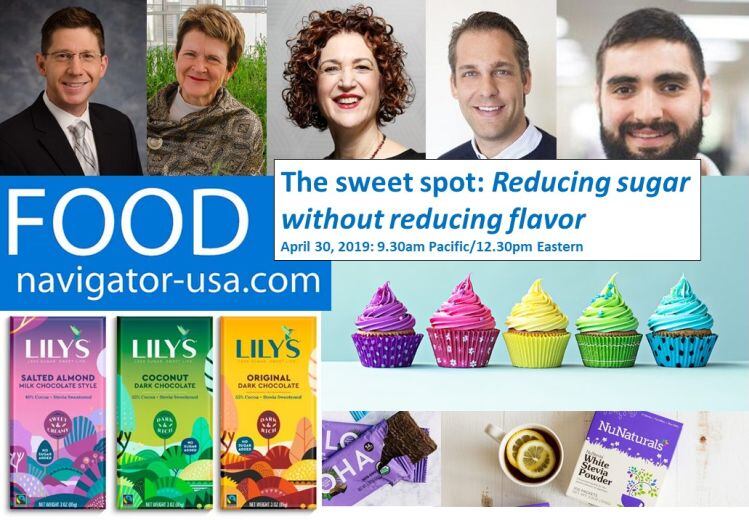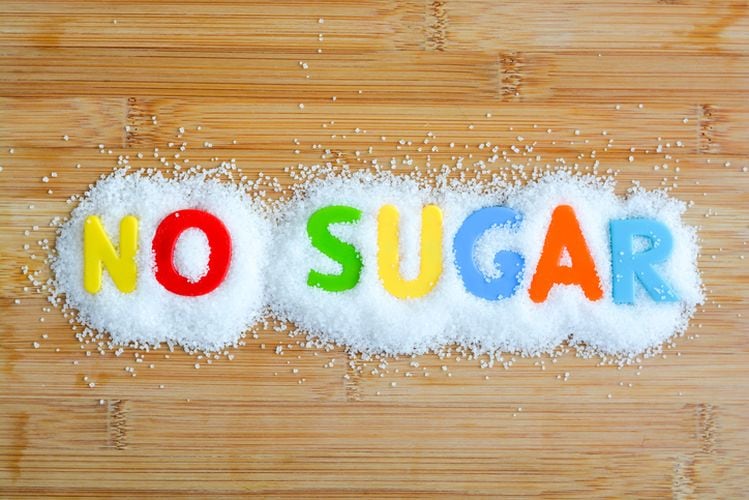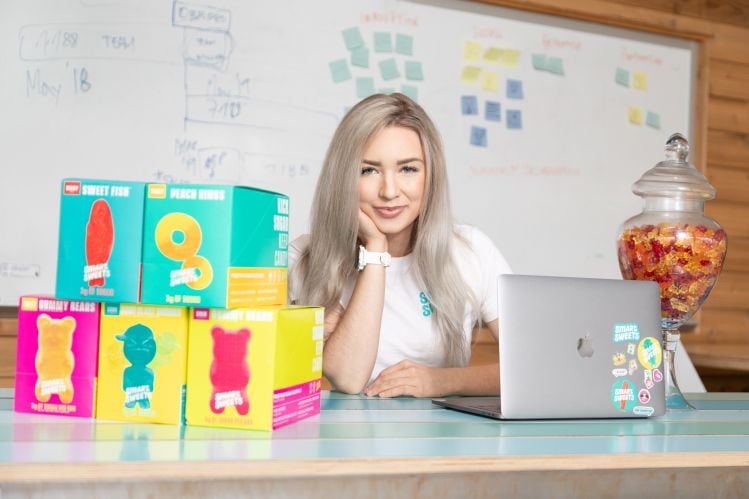FNU: What’s happening in the sugar substitutes aisle in US retail?
CM: The overall sugar substitutes category is basically flat, but stevia products were up 31% year on year in the first quarter of 2019, and SweetLeaf’s growth is outpacing category growth. Retailers are really expanding space for stevia sweeteners and reducing it for artificial sweeteners and for sugars.
SweetLeaf remains the #1 brand in the natural channel with around 55% of the market, but in conventional grocery, our position depends on the retailer and the geography. So we are #1 in Publix, for example, but in other retailers we are #2 or whatever.
However, we were the innovators in the liquid stevia space and remain the leader by far in that area.
FNU: Who buys natural sugar substitutes?
CM: Older consumers were introduced to brands [containing artificial sweeteners] like Sweet N’Low [saccharin] and Splenda [sucralose] years ago, but many boomers are now buying stevia sweeteners, as well as Gen X and Millennials. All generations now want more natural foods.
FNU: How much attention are consumers paying to the bulking agents added to high intensity natural sweeteners such as stevia and monk fruit in retail products?
CM: Not everyone understands that a high intensity sweetener requires a carrier* but a growing number of consumers is interested in which ones companies are using.
The major [natural sweetener] brands are SweetLeaf, Truvia, and Stevia in the Raw, and they all taste different. We are the only one using USDA certified organic stevia in all of our products, but we also use different carriers in our packets.
Truvia uses erythritol, and we use inulin, but Stevia in the Raw uses dextrose, which we don’t feel comfortable with as it is a sugar. [Dextrose is a simple sugar (D-glucose) but can be used in sweeteners marketed as having zero sugar and zero calories owing to labeling rules that allow foods with fewer than five calories per serving to be labeled in this way].
FNU: Which product formats present the biggest growth opportunities in the sugar substitutes category?
CM: We see the greatest growth opportunities in developing new kinds of products, so we’ve just brought out three new sugar-free syrups in maple, cinnamon and blueberry flavors that are very different to other products on the market [they are made with vegetable glycerin – which has around the same calories as sugar but does not raise blood sugar and is not as sweet - plus cultured dextrose, stevia, and monk fruit].
We also have a new baking blend containing stevia and erythritol in granulated form for baking and a powdered version for icings and frostings and we’re very excited about these, which will be launching this year.
FNU: Are consumers confused by the plethora of different sugars?
CM: yes, but whether it’s coconut sugar or agave or turbinado, they are all sugars and they put a stress on the body.
FNU: How big a portion of your retail business is ecommerce?
CM: We’re a very big player on Amazon, Thrive Market, Walmart.com and Drugstore.com. Ecommerce is about 35% of our business, and this year we’re going into China and India [through online platforms].
FNU: Roughly what percentage of the SweetLeaf business is retail vs b2b ingredient sales?
CM: We're still primarily a consumer packaged goods company, but we're really growing as an ingredients business as well; the b2b ingredients business is around 10% of the business.
*SweetLeaf uses use inulin (chicory root fiber) in its packets; vegetable glycerin in its water drops; and cellulose in its stevia tabs.
US retail sales of stevia sweeteners grew 11.9% in the 52 weeks to August 11, 2018, while sucralose sweetener sales were down 6%, aspartame sweetener sales were down 8% and saccharin sweetener sales were down 5.9%, according to data from Nielsen (xAOC), shared by Cargill last fall.
Interested in sugar reduction?
Checkout our FREE webinar on Tuesday (April 30), where FoodNavigator-USA deputy editor Liz Crawford will lead an expert panel of speakers through a 45-minute discussion on how consumers’ views on sugar are changing the way they shop, and as a result the way food and beverage manufacturers are making products.
You'll then get the opportunity to quiz panelists from Lily's Sweets, ALOHA, NuNaturals and more at THE SWEET SPOT: REDUCING SUGAR WITHOUT REDUCING FLAVOR.





